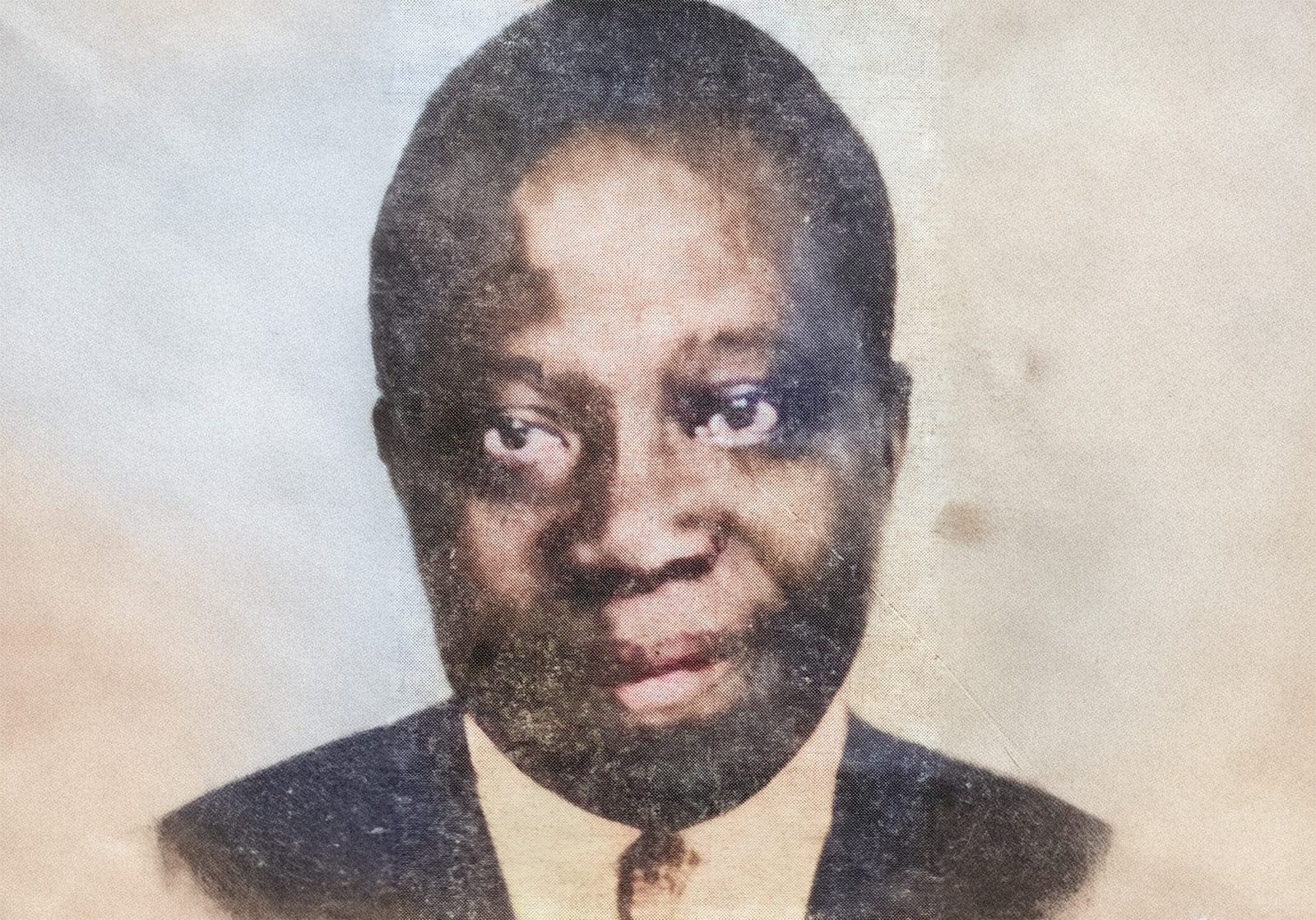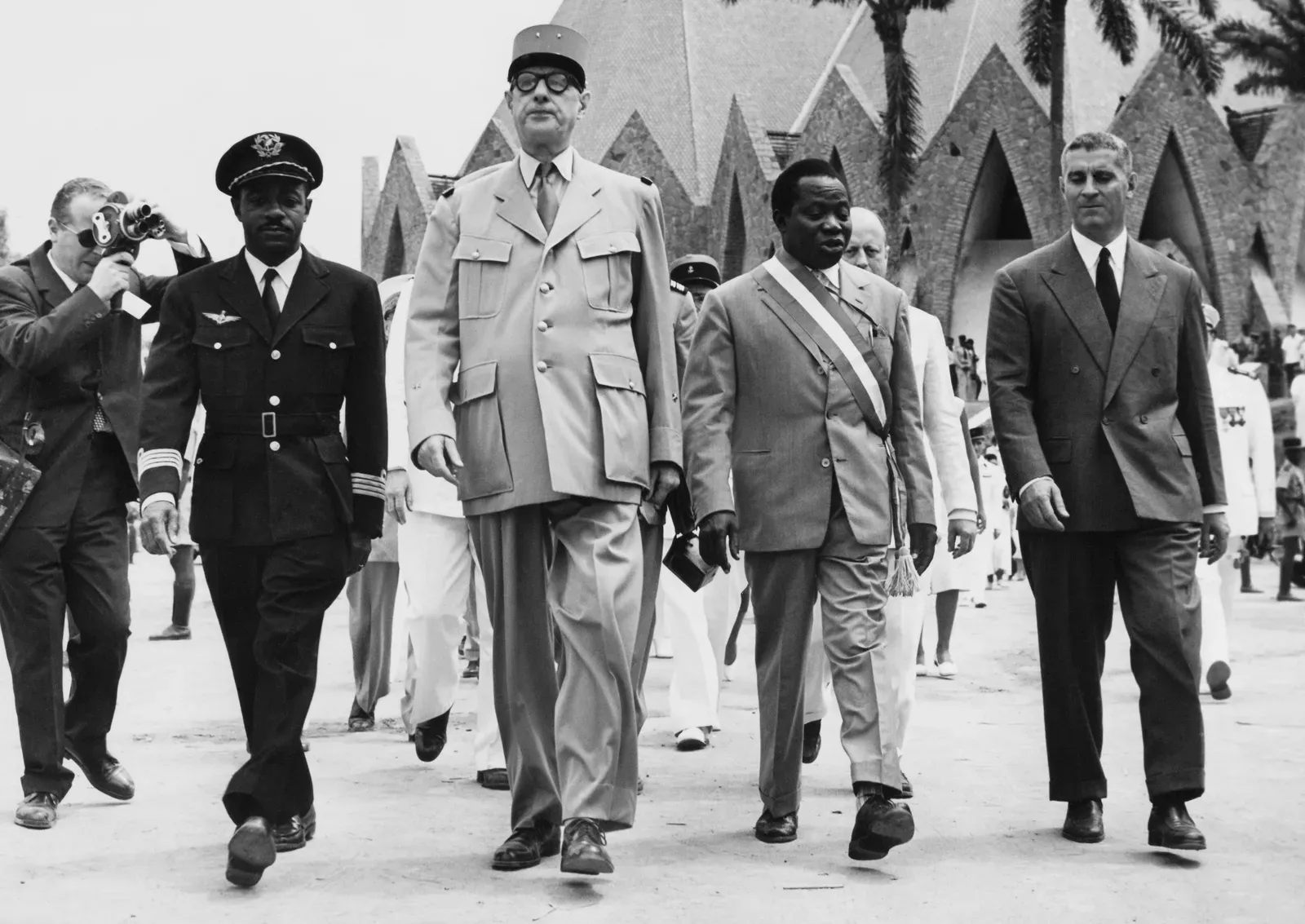August 13th: Two Stories History Intertwined

Some dates carry multiple meanings, as if destiny itself chose to weave different stories together. August 13th is one such day, where a remarkable tale of independence from the heart of Africa meets the quiet struggle of a billion people worldwide facing everyday discrimination.
The Mystery: A Plane Crash on the Eve of Independence
An Untimely Death and Lingering Questions
On the afternoon of March 29, 1959, a small aircraft crashed over the Central African skies. On board was Barthélemy Boganda, just over a year before his nation would achieve complete independence. The timing of his sudden death raised questions that remain unanswered to this day.
Boganda was no ordinary politician. A Catholic priest turned French National Assembly member, he was a visionary who dreamed far beyond his homeland's borders. His goal wasn't just independence for Central Africa, but a Latin African Federation that would unite French Equatorial Africa with Belgian Congo and Portuguese West Africa into one powerful union.
Was this plane crash truly an accident? Many suspected otherwise, but the truth remains buried in history's shadows.

From Ubangi-Shari to the Central African Republic
After Boganda's death, David Dacko, a former elementary school principal and Boganda's protégé, stepped into the spotlight. On August 13, 1960, he successfully transformed Ubangi-Shari into the Central African Republic.
This name change was deeply symbolic. "Ubangi-Shari," derived from two river names, represented the colonial legacy. "Central African Republic" was a bold declaration that this nation stood at the very heart of the African continent.
The Shocking Turn: The Last Emperor of the 20th Century
Six Years Later, Everything Changed
Independence's joy was short-lived. On New Year's Day 1966, a military coup ousted Dacko. The coup leader? Jean-Bédel Bokassa—ironically, Boganda's own nephew.
But Bokassa didn't stop there. On December 4, 1976, he made an announcement that stunned the world: "I am Emperor Bokassa I!"
Thus was born the Central African Empire—the only empire established after World War II and the last empire in human history.

A $22 Million Vanity Project
On December 4, 1977, Bokassa I held a lavish coronation ceremony modeled after Napoleon's. The cost? An staggering $22 million (roughly $120 million today)—one-third of the national budget.
This imperial fantasy lasted barely three years. In 1979, when students protested against wearing uniforms bearing the emperor's portrait, Bokassa brutally suppressed the demonstrations. Reports emerged that he personally beat imprisoned students to death.
International outrage followed, France intervened, and the Central African Empire collapsed.
The Hidden Struggle: What 90% Don't Know About the Other 10%
The Same Date, A Different Story
August 13th holds another significance: International Left-Handers Day. This day honors the 10-12% of the world's population who navigate a right-handed world daily.
The day's origin is touching. It commemorates the birthday of Dean Campbell, who founded the world's first International Left-Handers Association in 1976. In 1992, the UK's Left-Handers Club officially designated August 13th as International Left-Handers Day.
Discrimination Hidden in Language
The prejudice against left-handedness runs deeper than most realize, particularly in language itself.
Latin is even more explicit: "sinister" (left-handed) means "evil" or "ominous," while "dexter" (right-handed) means "skillful" or "proper."
English follows suit: "right" suggests correctness and justice, while "left" often implies abandonment or neglect.

Daily Challenges in a Right-Handed World
Left-handers face constant small obstacles: computer mice, scissors, can openers, university desk armrests, car gear shifts, and even spiral notebook bindings. Everything is designed with right-handers in mind.
The Fateful Connection: August 13th's Unified Message
Same Date, Different Struggles, One Message
Is it mere coincidence that Central African Republic's Independence Day and International Left-Handers Day fall on the same date?
Both commemorations share a remarkably similar message: the courage to resist discrimination and the spirit of embracing diversity.
Central Africa broke free from colonial oppression to claim its freedom, while left-handers challenged the subtle biases of a right-handed society to assert their rightful place.
Boganda's Lasting Legacy
Interestingly, the flag currently used by the Central African Republic was designed by Boganda himself. Used unchanged for over 50 years, it stands as a testament that his vision lives on.

Famous Left-Handers Who Changed History
Left-handers have consistently shaped history. Leonardo da Vinci created the Mona Lisa using his left hand to write mirror script. Barack Obama and Bill Clinton led America with their left hands. Bill Gates revolutionized computing, and Rafael Nadal dominated tennis courts—all left-handed.
Looking Forward: August 13th, 2025
This August 13th, the Central African Republic celebrates its 65th independence anniversary. Despite political instability and civil conflicts, the journey toward the free nation Boganda envisioned continues.
The left-handers' struggle progresses similarly. While we still live in a predominantly right-handed world, more left-handed products are being developed, and social awareness continues to grow.
August 13th is special because both stories celebrate the courage to embrace differences. Whether resisting colonial rule or right-handed bias, it's about having the bravery to forge your own path.
Each year on this date, we can ask ourselves: Do I recognize and respect others' differences? Do I courageously express my own uniqueness?

August 13th represents history's gift to us: the aspiration for freedom and the spirit of embracing diversity. This is the true message this remarkable day offers the world.
